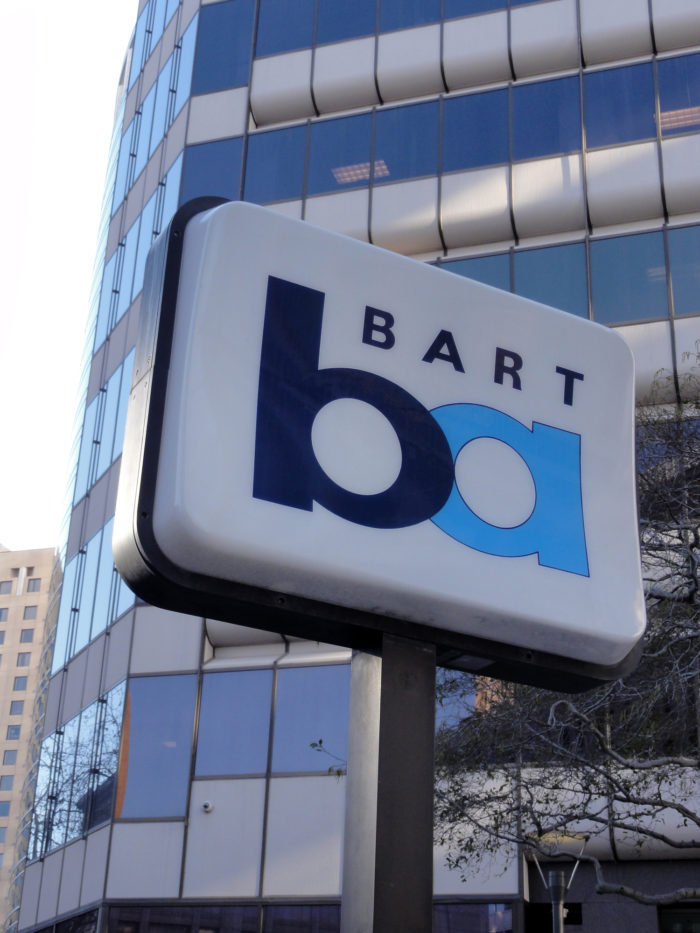 The plaintiffs in a class action lawsuit alleging that the public transit agency in San Francisco uses a mobile app to track users’ locations have proposed an injunctive settlement in federal court.
The plaintiffs in a class action lawsuit alleging that the public transit agency in San Francisco uses a mobile app to track users’ locations have proposed an injunctive settlement in federal court.
According to the class action lawsuit, San Francisco’s Bay Area Rapid Transit (BART) obtained the unique identifiers associated with mobile phones. Then, alleged the plaintiff, BART would check in on the location of users from time to time.
“Specifically, plaintiff alleged that when the BART Watch App was downloaded onto users’ cell phones, the app secretly collected the phone’s unique International Mobile Equipment Identity (‘IMEI’) number and geolocation information without users’ consent,” states the motion for the proposed settlement in the BART illegal spying class action lawsuit.
While the plaintiff’s attorney and the plaintiff will recoup fees and an incentive award, the primary goal of the BART Watch App illegal spying class action lawsuit was to obtain injunctive relief, according to the motion for approval of the settlement agreement.
“BART has agreed that when a BART Watch App user submits a ‘report,’ it will not obtain or collect any ‘International Mobile Equipment Identity’ numbers, and will only obtain or collect a limited set of information as laid out in the Settlement Agreement,” notes the motion for preliminary approval of the BART class action settlement agreement.
Under the terms of the BART Watch App illegal spying class action lawsuit settlement, the agency will stop collecting mobile phone identifiers. Further, the terms of the settlement do not prohibit Class Members from pursuing BART for monetary damages resulting from the action.
“Crucially, plaintiff obtained this important injunctive relief under the proposed settlement without releasing any of the settlement class members’ claims for monetary relief, meaning class members retain the right to bring suit against defendant for the full extent of any damages they believe they are entitled to for the conduct alleged in this case,” states the motion for approval of the BART Watch App illegal spying class action lawsuit settlement.
According to the BART class action lawsuit, although the free app introduced by the transit agency in 2014 was convenient, providing traffic alerts and police notifications, it also compiled personal information about users, including their location.
The plaintiff alleged that BART, along with the app developer, had violated the California’s Cellular Communications Interception Act, along with privacy rights of Californians provided by the state’s constitution.
Under the terms of the BART Watch App illegal spying class action lawsuit settlement, the attorneys for the plaintiff will receive $57,500 in fees and costs. The plaintiff will receive a $2,500 incentive award as well.
Class Members include all who signed up for the BART Watch App after Jan. 1, 2016 and had their cell phone or other mobile devices’ geolocation collected by the agency.
The plaintiff is represented by Rafey Sarkis Balabanian and Todd M. Logan of Edelson PC.
The BART Watch App Illegal Spying Class Action Lawsuit is Pamela Moreno v. San Francisco Bay Area Rapid Transit District, et al., Case No. 3:17-cv-02911, in the U.S. District Court for the Northern District of California, Oakland Division.
ATTORNEY ADVERTISING
Top Class Actions is a Proud Member of the American Bar Association
LEGAL INFORMATION IS NOT LEGAL ADVICE
Top Class Actions Legal Statement
©2008 – 2025 Top Class Actions® LLC
Various Trademarks held by their respective owners
This website is not intended for viewing or usage by European Union citizens.














